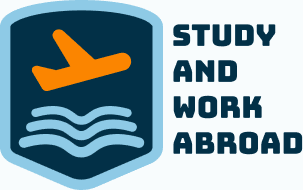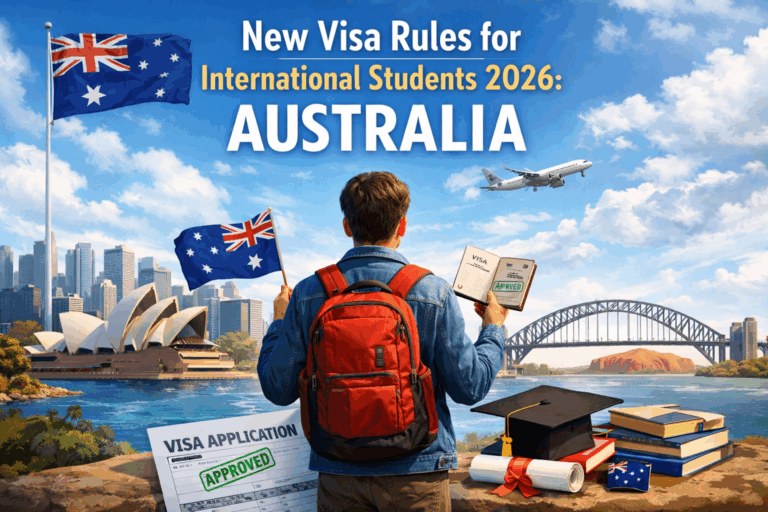Call Us:+91-9920234749, +91-9833420909 info@studyandworkabroad.in
Australia Tightens the Noose on International Student Enrollments
The Australian government has capped international student enrollments from 2025. Starting January 1, 2025, National Planning Level limits will apply to the admissions of 270000 new international students.
Australia has always been a favorite among overseas students, but the country has since tightened up on the regulations on how foreign students can enroll. The Australian government is implementing these reforms to its educational system to guarantee its quality and longevity. These changes will likely have a significant impact on students who wish to study there.
What is the National Planning Level (NPL) Cap?
The most significant aspect of these changes is the implementation of the National Planning Level (NPL) cap. Because of this limitation, the number of new foreign student programs each year can only grow by a maximum of 270,000 in 2025.
From 1 January 2025, new commencements will be divided as follows:
- Public universities will have a total of around 145000 commencements.
- Private universities and NUHEPs (Non-Uni Higher Education Providers) will have around 30000.
- VET providers will have around 95000.
Impact on Students
The NPL cap is likely to impact international students in a number of ways. The first thing that happens is that there will be more competition for open spots.
Despite the limited number of open spots, students must demonstrate their intelligence and proficiency in English to secure admission into the program. In addition, the cap may cause tuition costs to rise as colleges try to make up for the likely loss of income.
Impact on Universities
The NPL cap will impact universities, particularly those with a significant number of students from foreign countries. Certain colleges may experience a decline in the number of international student applications, thereby impacting their revenue and reputation.
Visa Changes
In addition to setting the NPL ceiling, the Australian government has made a number of changes to the laws that affect student visas. Some of these changes are:
- Genuine Student Requirement: This requirement is in place to make sure that foreign students are really enrolled in their programs and aren’t trying to cheat the Australian education system.
- English Language Requirements: There are now stricter rules regarding the English language proficiency requirement. The minimum marks on the English language test required for student visas have increased to 6.0 in IELTS from 5.5. Low-English-speaking students have a harder time getting into colleges.
- Post-Study Work Visas: The work visas for individuals who have completed their education have undergone changes. It is now easier for graduates to find skilled work in Australia by extending the time that they can stay on a work visa after finishing their education.
The visa is a very important document in your entire study abroad process. So, it is crucial to put the correct information on your student visa application. You must attach all the correct documents with regard to your academics, work experience, extracurricular activities, and financial documents.
It will help you to convince the visa officer that you’re a right fit to study abroad. Preparing for your student visa interviews, especially for Australia, you need to research properly and give the best responses while being interviewed.
The Rationale Behind the Changes
The Australian government explains these changes as necessary to maintain the quality and long-term sustainability of the nation’s educational system. By limiting the number of international students who can enroll, the government hopes to keep classrooms from getting too crowded.
It also makes sure that all students get the help and tools they need. The government also aims to safeguard the integrity of the Australian education system and reduce the likelihood of fraudulent student visa applications.
Conclusion
Since the implementation of the NPL quota and other visa changes, Australia’s approach to foreign education has undergone significant changes. These changes might make things harder for international students, but they also show that Australia wants to keep its high-quality education system going.
A lot of people are still not sure how foreign students and colleges will deal with the new situation once the NPL cap is in place. Don’t worry! If you still face issues understanding the visa application process while applying in an Australian University, AVF Consultants is there to help you. For any assistance, give us a call on 9920234749.



